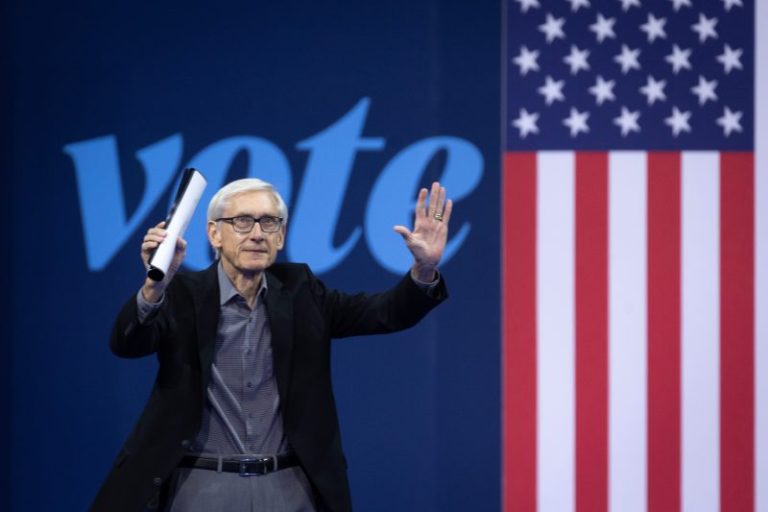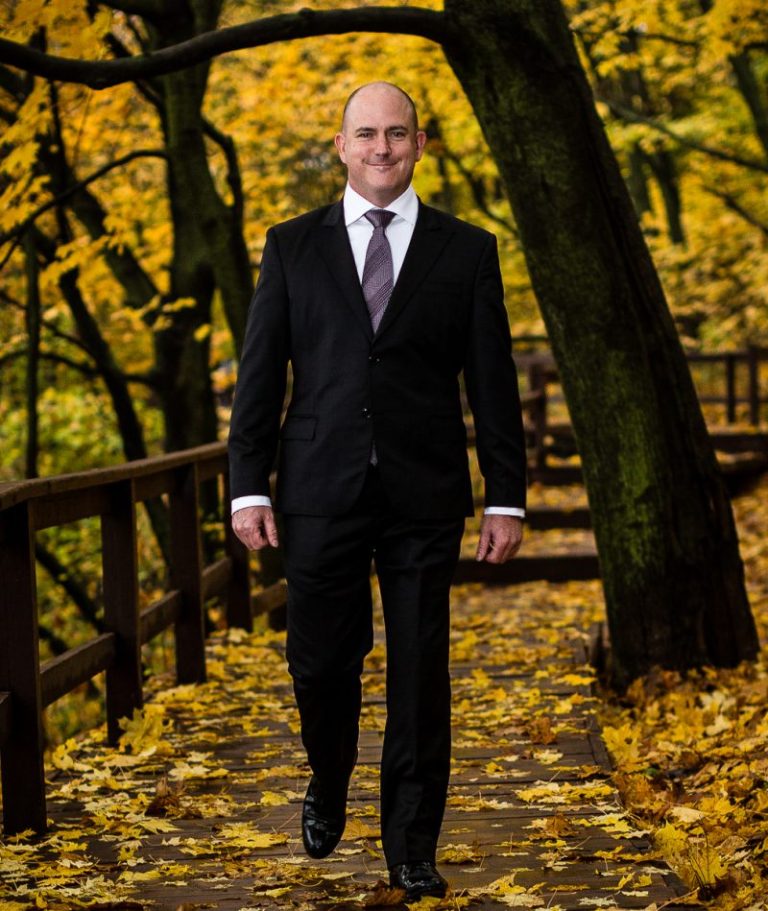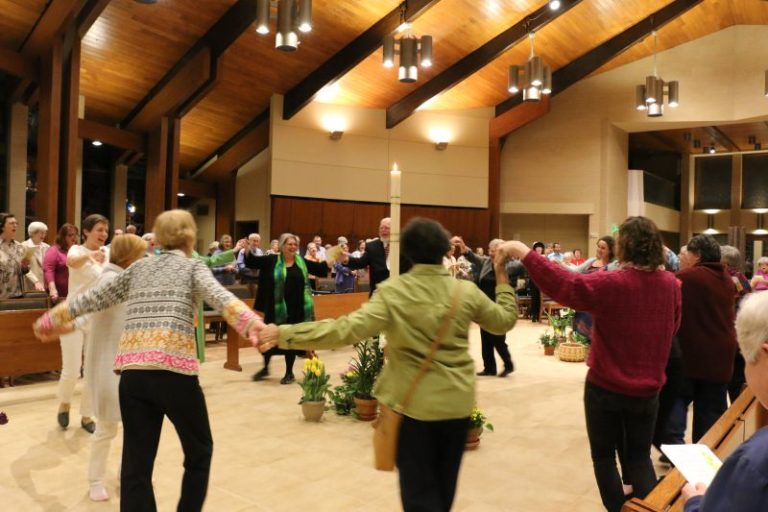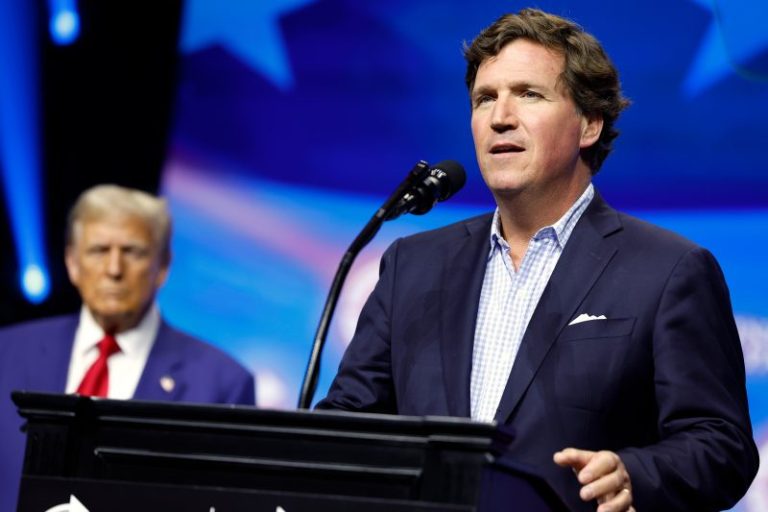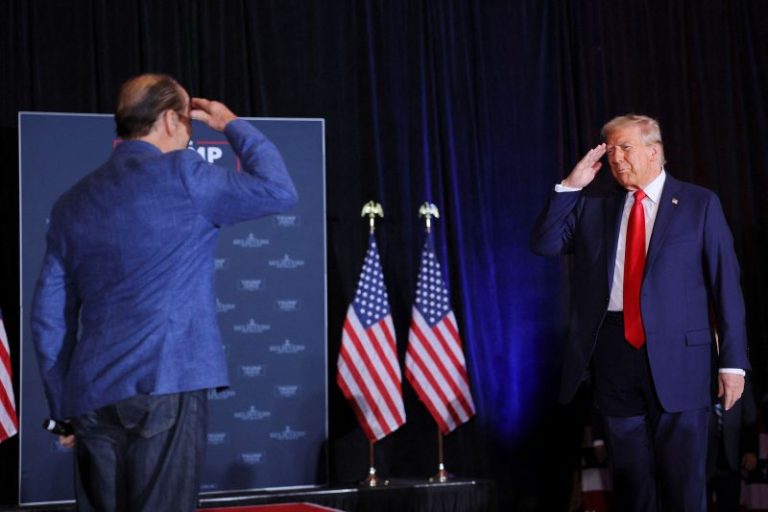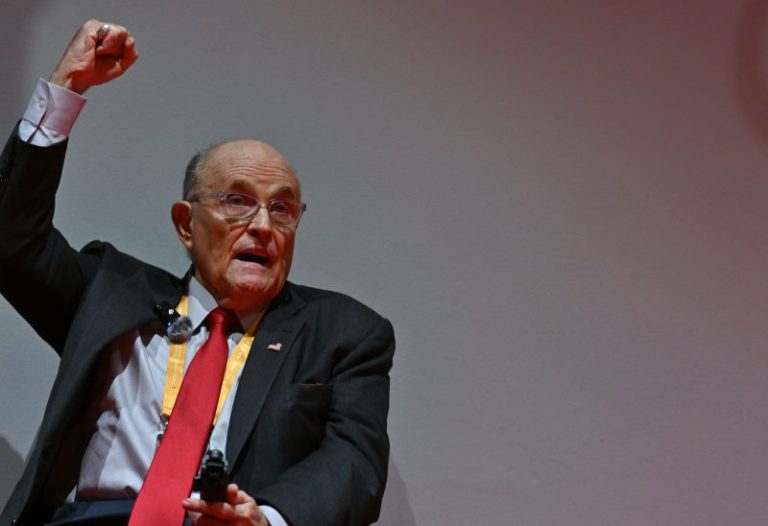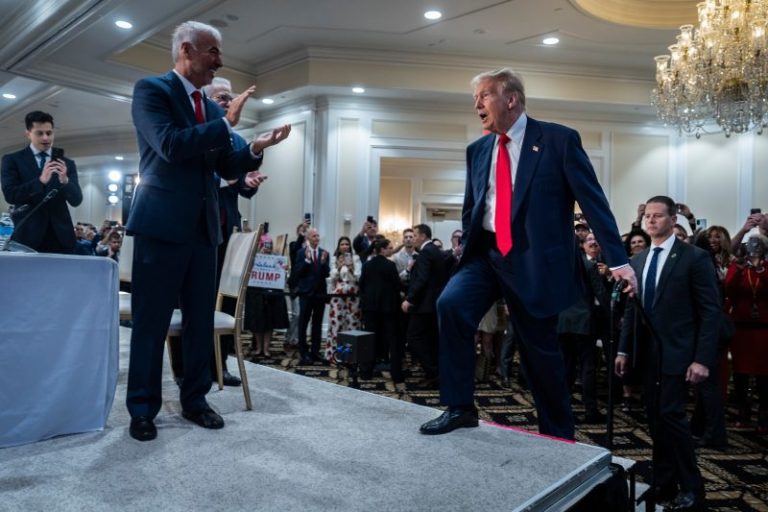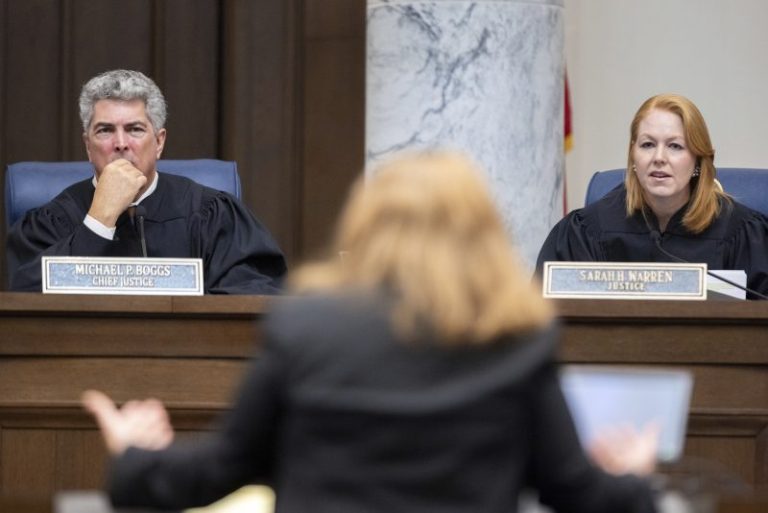MADISON, Wis. — Early voting kicked off in this battleground state this week with computer delays and long lines.
Voters waited as long as three hours Tuesday to cast ballots in West Bend, a city of about 32,000, city clerk Jilline Dobratz said. State computer issues reared up again Wednesday, and by midafternoon, voters had to wait about 90 minutes to vote in the community 40 miles northwest of Milwaukee, she said. Residents were not used to anything like it.

